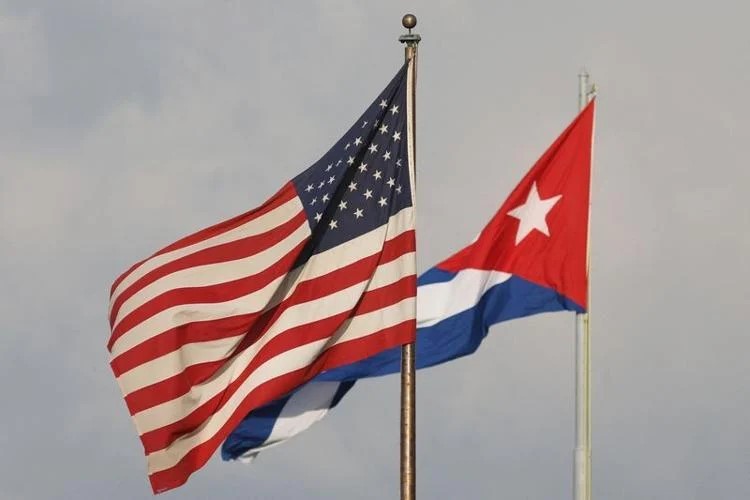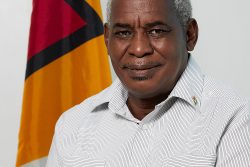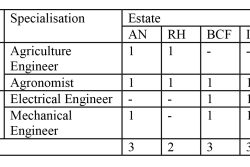WASHINGTON/HAVANA, (Reuters) – U.S. President Joe Biden plans to relax sanctions targeting long-time foe Cuba, U.S. officials said today just days before Donald Trump takes office, in a broad set of steps that Biden expects to lead to the release of political prisoners in Havana.
The measures include a reversal of several hardline restrictions put in place by Trump, his predecessor and the president-elect.
Those steps include plans to lift the U.S. designation of Cuba as a state sponsor of terrorism and undoing a Trump order that had restricted some financial transactions with some military and government-tied Cubans, according to a senior administration official.
Biden was also set to suspend the ability of individuals to use U.S. courts to make claims for potentially confiscated property in Cuba following Fidel Castro’s 1959 revolution, the official said.
The steps were connected to the expected release by Cuba of a “significant” number of political prisoners, U.S. officials said, following the communist-run government’s talks with the Catholic Church. They did not specify the number of prisoners or give a time frame.
The Cuban government did not immediately respond to a Reuters request for comment.
Cuba faced sharp criticism from rights groups, the United States and the European Union following the imprisonment of hundreds of protesters after riots on July 11, 2021, the largest since Castro’s revolution.
The announcements mark Biden’s first real break in policy from Trump-era sanctions that have contributed to one of Cuba’s worst economic crises.
Trump, who takes office on Jan. 20, may seek to revive the sanctions once in office. He has promised a hard line on Cuba and has nominated Marco Rubio, the son of immigrants from Cuba and an outspoken critic of the island’s government, as secretary of state.
The Trump transition team and Rubio’s Senate office did not immediately respond to a request for comment.
In a brief letter to Congress, Biden said his steps were “necessary to the national interests of the United States and will expedite a transition to democracy in Cuba.”
An official said Biden and Trump’s teams had “been in communication” on the topic.
PRISONER RELEASE
Cuba has since at least 2023 been discussing with Vatican officials the possibility of a potential amnesty for political prisoners, though Havana has declined to comment on those talks.
The Vatican has proved the linchpin in prior negotiations to release prisoners from the island’s jails. The Church also played a key role in brokering a historic resumption of ties between Cuba and the United States in 2015 under then-U.S. President Barack Obama.
“It will facilitate the important dialogue that the Catholic Church is undertaking with respect to human rights defenders in Cuba,” said a U.S. official who declined to be named.
“There is broad bipartisan support from both parties and certainly both administrations that people in Cuba should not be unjustly detained.”
In the short term, Biden’s new measures were expected to give Havana more space to maneuver as it battles a crippling economic crisis.
Vast and growing shortages of food, fuel, medicine and electricity in Cuba have stoked a record-breaking exodus off the island. At least 1 million Cubans have left by land and sea since 2020, many for the United States where they contribute to the crisis at the U.S. border.
Biden’s steps would rescind a June 2017 memorandum issued by Trump that provides the foundation for the majority of the sanctions he imposed or reinforced against Cuba during his first term in office.
Trump later placed Cuba on the U.S. State Sponsor of Terrorism list in 2021 in the final hours of his first term, saying Havana had repeatedly provided “support for acts of international terrorism” by harboring U.S. fugitives and Colombian rebel leaders.
Cuba denied the allegations, calling the designation a farce and seeking removal from the list, which carries a prohibition on U.S. economic aid and a ban on U.S. arms exports.
The Biden administration’s decision on Tuesday does nothing to change the decades-old U.S. economic embargo, a web of laws and regulations that complicate financial transactions and the acquisition of goods and services by Cuba.
Those sanctions will remain and can be lifted only by Congress.
Biden earlier this year removed Cuba from a short list of countries the United States alleges are “not cooperating fully” in its fight against terrorism, a separate designation but a move that was widely seen as a precursor to removing Cuba from the terrorism blacklist.
“In our review, what we found is that there is no credible evidence at this time of ongoing support by Cuba for international terrorism,” said one of the U.S. officials.










